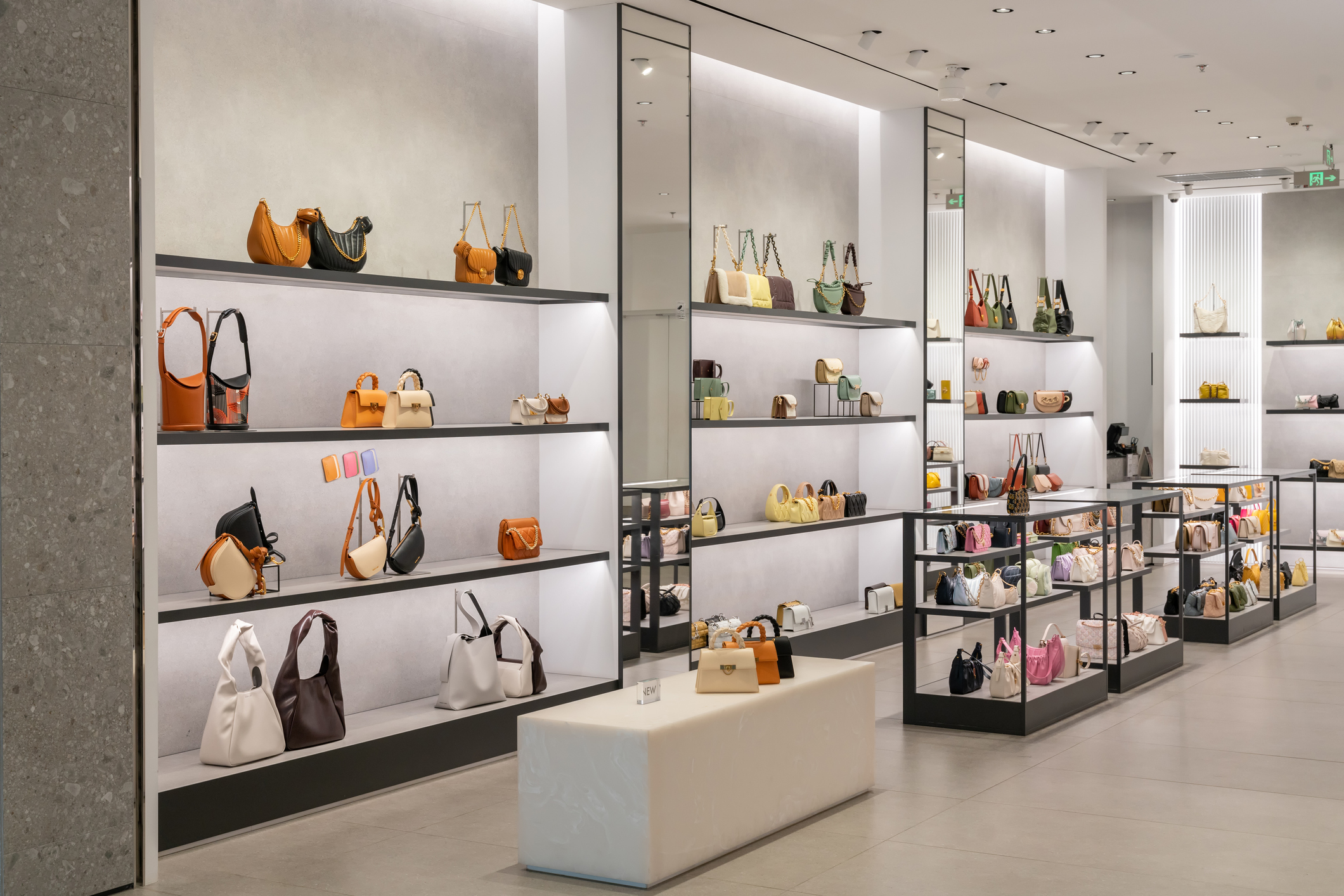Did you ever wonder who makes those store brand “toaster pastries” that look just like Pop Tarts but cost a whole lot less?
 Kusum Ailawadi, the Charles Jordan 1911, TU’12 Professor of Marketing, teaches Marketing Research and Multichannel Route-to-Market Strategy in the Tuck MBA program.
Kusum Ailawadi, the Charles Jordan 1911, TU’12 Professor of Marketing, teaches Marketing Research and Multichannel Route-to-Market Strategy in the Tuck MBA program.
It’s a fair question. The identity of the manufacturers of “private label” brands—such as Kirkland Signature (sold at Costco), Great Value (Walmart), and Good & Gather (Target)—is one of the best kept secrets in retailing.
Who Makes Private Label Products?
Logically, the manufacturer probably isn’t the retailer, since manufacturing products in tens, even hundreds, of diverse categories sold in their stores is not what they do. That leaves just a few options: large national brands, fringe national brands, and dedicated private label manufacturers.
But their identity is a secret because those who know are not motivated to divulge it to consumers. Makers of well-known brands like P&G don’t want to risk their brand equity by being associated with much lower priced products, and retailers don’t want to offend their national brand partners by outing them as the true source of a much cheaper laundry detergent that may be nearly as good as Tide.
In a paper that is forthcoming in the Journal of Marketing, Tuck marketing professor Kusum Ailawadi uses a unique dataset to uncover what drives makers of national brands to also supply private label to a retailer, and what effect this has on their national brands in the retailer’s stores.
“Manufacturers are always complaining about private labels, because they’re worried these store brands are going to kill their national brands and shrink their margins,” Ailawadi says. “And there’s been a lot of research on why consumers like store brands and when they succeed, but until our study no one has been able to see the supplier side of the story—such as who makes these products and what’s in it for them.” There are plenty of theoretical models for why national brand manufacturers may want to supply private labels but little in the way of empirical evidence.
Private Label Is A Growth Market
Yet, it is a crucial question, given the huge size of the private label market. In 2022, global private label food and beverage sales totaled nearly $430 billion, and it’s expected to grow to $709 billion by 2030.
In “Dual Branding by National Brand Manufacturers: Drivers and Outcomes,” Ailawadi and her coauthors pierce the veil of the private label market in Spain by obtaining the identities of private label suppliers for six of the largest retailers in the grocery market, in more than 270 categories in 2012 and 2017. They combined that data with longitudinal home-scan purchase data from 2008 to 2017, covering almost 3,500 national brand manufacturers as well as private labels. The six retailers they studied accounted for 75 percent of tracked consumer packaged goods purchases, and vary in their price positioning, private label emphasis, and market shares. Through a painstaking analysis of all this data, the authors were able to report findings that are generalizable across many different retailers.
Broadly speaking, they found that more than 70 percent of the private label suppliers in their data were national brand manufacturers. While the manufacturers mostly supply private label in the same categories as their national brands, almost 30 percent of their private label supply arrangements are in categories that are related to, but not the same as, their national brand categories. That means there’s a good chance those store brand toaster pastries are made by Kellanova (formerly Kellogg’s), the maker of Pop Tarts. And there is a reasonable chance that store brand tomato sauce is made by Kraft-Heinz even if the store brand ketchup is not.
What Drives Firms to Produce Private Label?
But what characteristics of a supplier make them more likely to supply private label? The researchers found an interesting tension here: the two most important drivers of private label supply are the size of the manufacturer’s national brand business and its dependence on the retailer. Because private label margins are thin, large national brand manufacturers that have economies of scale have an advantage. On the other hand, manufacturers who earn a large portion of their national brand revenue from a retailer are also more likely to supply its private label, in the hope of gaining some goodwill.
And how is that working out for their national brands? As in the previous question, the answer is nuanced. The researchers found that if a manufacturer starts supplying private label goods to a retailer, that retailer starts carrying more of that manufacturer’s national brand products in at least some of its stores. The marketing term for the prevalence of a brand’s products on shelves is “distribution depth.” Similarly, when a manufacturer stops supplying private label product to a retailer, its national brand distribution depth goes down. While increased distribution depth is definitely a good thing for a brand, it doesn’t mean that consumers are buying more of that brand’s items. In fact, the researchers find that supplying private labels improves a national brand’s distribution depth but not its share of category sales at the retailer.
Don’t think that supplying private label is going to be the silver bullet for your brand if consumer interest in it has waned.
— Kusum Ailawadi, Charles Jordan 1911, TU’12 Professor of Marketing
Focus on the Fundamentals
One of the many takeaways for brands from this research is: Be careful and focus on the fundamentals. “Don’t think that supplying private label is going to be the silver bullet for your brand if consumer interest in it has waned,” Ailawadi says. “You’re not going to automatically have more consumer demand even if you put more of your product on the shelf. And no retailer is going to keep you on the shelf too long unless they see a sales return on that shelf space.”
Tuck School of Business
Please visit the firm link to site





